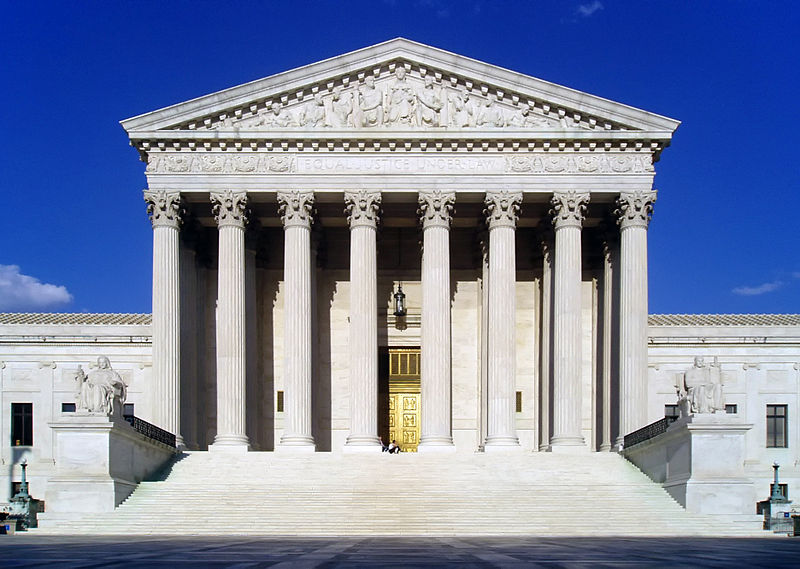On October 5, the U.S. Supreme Court rejected a challenge against Chevron deference brought by the Children’s Hospital Association of Texas. The association had asked whether courts should give Chevron deference to agency legal interpretations that are different from previous agency interpretations.
Chevron deference is an approach to judicial review that compels federal courts to yield to a federal agency's reasonable interpretation of an ambiguous or unclear statute instead of using the courts’ own interpretation. Judicial deference is one of the five pillars key to understanding the main areas of debate about the nature and scope of the administrative state.
The challenge to Chevron came out of a decision issued by the U.S. Court of Appeals for the D.C. Circuit.
The association argued in its petition to the U.S. Supreme Court that the D.C. Circuit should not have upheld the rule under Chevron. The petition says, “the court of appeals chose to ‘skip’ Chevron step one, brushed aside canons of statutory construction, and looked past what it acknowledged was a legal error in a key premise of the agency’s rulemaking—the agency’s insistence that its new regulation merely clarified, and was consistent with, existing policy. In numerous ways, this ruling conflicts with decisions from other circuits and this Court.
Judge Karen Henderson, a George H.W. Bush appointee, wrote the opinion for the D.C. Circuit saying, “The familiar Chevron framework guides our review.” She held that the statute was clear, so the court needed only to decide whether the agency’s interpretation was reasonable. Henderson wrote that the rule was consistent with the Medicaid law and upheld it.
Since the U.S. Supreme Court denied review of the case, the 2019 decision of the D.C. Circuit will remain in effect.
To learn more about Chevron deference or judicial deference, see here:
- Chevron deference (doctrine)
- Judicial deference
- Five pillars of the administrative state: judicial_deference
- Arguments in favor of judicial deference
- Arguments against judicial deference
- Judicial review
- Reform proposals related to judicial deference
- Link to the October 5 SCOTUS order list
- Link to the Children’s Hospital Association of Texas petition for Certiorari
- Link to the D.C. Circuit opinion



